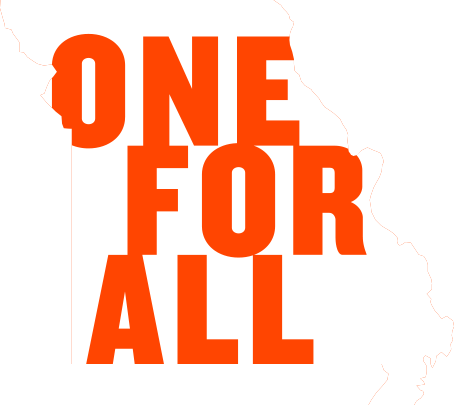About COVID-19
COVID-19, commonly called coronavirus or novel coronavirus, is a respiratory illness that can spread from person to person. COVID-19 is short for Corona Virus Disease 2019.
COVID-19 is most commonly spread from an infected person to others through:
- The air by coughing and sneezing.
- Close personal contact, such as touching or shaking hands.
- Touching a surface with the virus on it, then touching your mouth, nose, or eyes before washing your hands.
COVID-19 Symptoms
Symptoms of COVID-19 include, but are not limited to:
|
|
Symptoms may appear 2-14 days after being exposed to the virus.
Not everyone who has COVID-19 will have the same symptoms. These symptoms can range from mild to very severe.
The virus can affect any of us. All age groups should take the risk of COVID-19 seriously. Older people and people with pre-existing medical conditions (like asthma, lung disease, diabetes, or heart disease) appear to be highest risk of becoming severely ill with the virus. There is no way to predict how COVID-19 will affect you.
IMPORTANT: Some people who have COVID-19 do not show symptoms but can still spread the virus to other people. The best solution is to take steps to prevent getting the virus in the first place.
Emergency Warning Signs of COVID-19
Emergency warning signs include:
- Shortness of breath or trouble breathing
- Ongoing pain or pressure in your chest
- New mental confusion or inability to wake a person
- Bluish lips or face
This list is not all inclusive. If you think it’s an emergency, call 911. Notify the operator that you have or think you have COVID-19.
If you think it’s an emergency, call 911.
COVID-19 Spread
COVID-19 is most commonly spread from an infected person to others through:
- The air by coughing and sneezing.
- Close personal contact, such as touching or shaking hands.
- Touching a surface with the virus on it, then touching your mouth, nose, or eyes before washing your hands.
In Missouri, and throughout the United States, COVID-19 is spreading through “community spread.” This is a term used to describe the spread of a disease in an area where there is not a clear chain of events or connection to a person who is known to be infected.
Can I get COVID-19 through…
|
